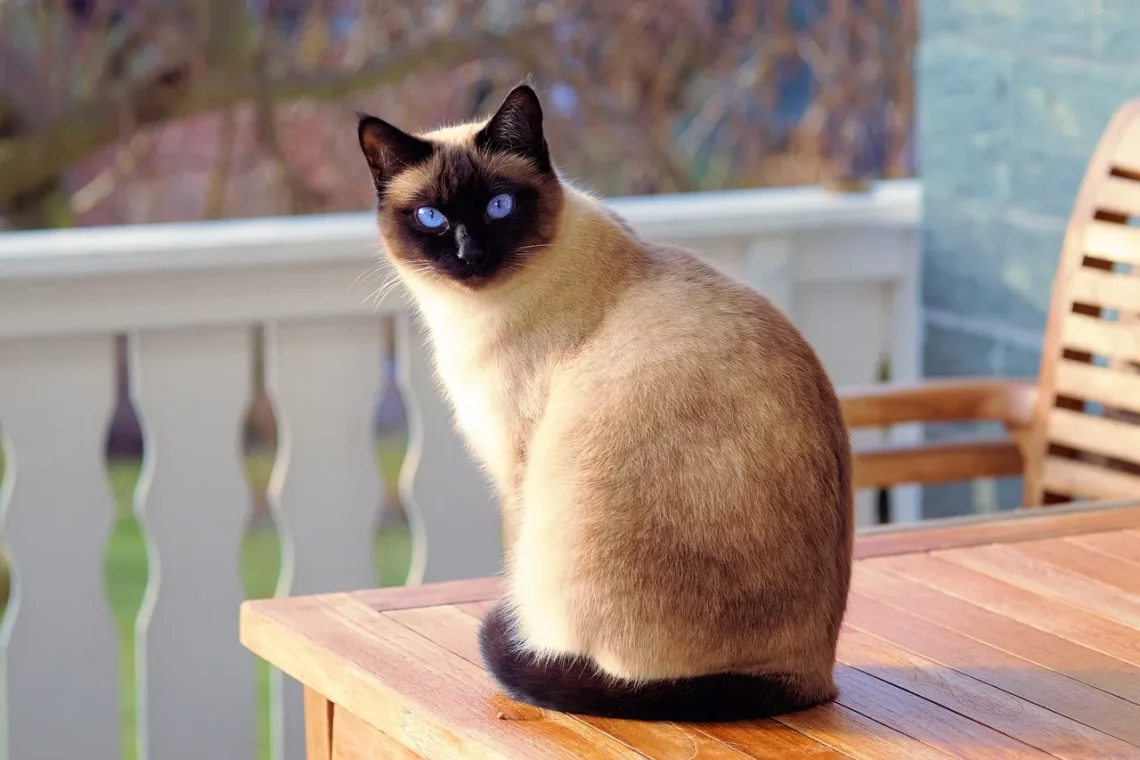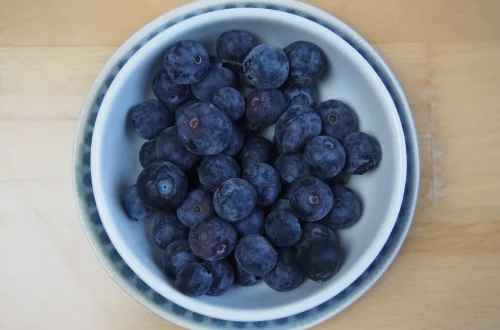
Can Cats Eat Walnuts? Understanding the Risks and Benefits
Cats are often considered to be curious creatures, exploring their environment and investigating various foods that humans consume. This natural curiosity can lead to questions about what is safe and beneficial for them to eat. Among the many human foods, walnuts are a popular snack, enjoyed for their rich flavor and health benefits. However, when it comes to sharing this treat with our feline friends, the question arises: can cats eat walnuts?
Understanding the dietary needs of cats is crucial, as their nutritional requirements differ significantly from those of humans. Cats are obligate carnivores, which means their bodies are designed to thrive on a diet primarily composed of meat. While they may occasionally nibble on plant-based foods, their digestive systems are not equipped to handle certain types of food, including nuts. This leads to a broader discussion about the safety of feeding walnuts to cats, as well as the potential risks and benefits associated with this particular food item.
In this article, we will delve into the characteristics of walnuts, explore the potential risks involved in feeding them to cats, and consider whether there are any benefits to including such foods in a cat’s diet. By understanding these factors, cat owners can make informed decisions about their pets’ diets and overall health.
Understanding Walnuts and Their Nutritional Profile
Walnuts are a type of tree nut that is known for their distinctive flavor and numerous health benefits for humans. They are rich in omega-3 fatty acids, antioxidants, and micronutrients, making them a popular choice for those seeking to improve their overall diet. The fatty acids found in walnuts are known to support heart health, brain function, and can even have anti-inflammatory effects.
Despite these benefits for humans, it’s important to recognize that cats have entirely different nutritional requirements. Cats require a diet high in protein and specific nutrients that are primarily found in animal products. While walnuts contain some protein and healthy fats, they lack many essential amino acids that cats need to thrive. This fundamental difference in dietary needs raises questions about the appropriateness of walnuts as a treat for felines.
Additionally, walnuts are high in calories and fat, which can contribute to obesity in pets if consumed in large quantities. Obesity is a significant health concern among pets, leading to various medical issues, including diabetes, joint problems, and reduced lifespan. Therefore, even if a cat shows interest in walnuts, it is crucial to consider the implications of including such high-calorie foods in their diet.
While nuts, including walnuts, can provide certain health benefits for humans, it is essential to remember that they are not a natural part of a cat’s diet. Cats have evolved to eat a meat-based diet, and introducing non-meat foods, especially those high in fat and calories, may not be in their best interest.
Potential Risks of Feeding Walnuts to Cats
Feeding walnuts to cats can pose several risks that pet owners should be aware of. One significant concern is the potential for gastrointestinal upset. Cats have sensitive stomachs, and introducing new foods—even in small amounts—can lead to digestive issues. Symptoms of gastrointestinal distress may include vomiting, diarrhea, or a general feeling of discomfort.
Another risk associated with walnuts is their high-fat content. While cats do require some fat in their diet, excessive fat can lead to obesity and pancreatitis, a serious condition that can occur when the pancreas becomes inflamed. Pancreatitis can cause severe abdominal pain, vomiting, and lethargy, requiring immediate veterinary attention.
Furthermore, walnuts contain certain compounds that can be toxic to cats. For instance, moldy walnuts can produce mycotoxins that can be harmful when ingested. Even fresh walnuts can pose a choking hazard, especially for smaller cats or those that tend to eat quickly without chewing thoroughly. The hard texture of the nut may also lead to dental issues if cats attempt to chew on them.
In addition to physical health risks, there are potential behavioral implications as well. Encouraging cats to eat human foods like walnuts can lead to a habit of begging for table scraps or other inappropriate foods. This not only disrupts their natural feeding behavior but can also lead to weight gain and associated health issues.
Given these risks, it is generally advisable to avoid feeding walnuts to cats and to stick to treats specifically designed for feline nutrition. If you suspect that your cat has consumed walnuts or any other potentially harmful food, it is essential to consult with a veterinarian for guidance.
Are There Any Benefits to Walnuts for Cats?
While the potential risks of feeding walnuts to cats are significant, some pet owners may wonder if there are any benefits at all. In a strictly controlled manner, small amounts of walnuts may provide certain nutrients, such as omega-3 fatty acids. These fatty acids are known for their anti-inflammatory properties and can support overall health in cats.
However, it is crucial to understand that there are far better sources of omega-3 fatty acids for cats. Fish oil, for example, is an excellent alternative that provides these essential fatty acids in a form that is much more suitable for feline digestion. Fish oil supplements or diets that contain fish are likely to provide the same benefits without the associated risks of nuts.
Additionally, the antioxidants found in walnuts may also be beneficial, but again, there are safer sources for cats. Foods like blueberries or specially formulated cat treats may offer antioxidants without the health risks that walnuts pose.
Another point to consider is that cats can be quite particular about their food preferences. Many cats may not be interested in the taste or texture of walnuts, making the effort to introduce them into their diet unnecessary. It’s essential to prioritize foods that cater to a cat’s natural preferences and dietary needs.
Overall, while walnuts do contain some beneficial nutrients, the risks associated with feeding them to cats outweigh the potential benefits. It is always advisable to consult with a veterinarian or a pet nutrition expert before introducing any new foods into your cat’s diet.
Conclusion: Making Informed Choices for Your Cat’s Diet
In conclusion, the question of whether cats can eat walnuts leads to a broader discussion about feline nutrition and health. While walnuts may offer some health benefits for humans, they are not suitable for cats due to their unique dietary needs and the potential risks involved.
As responsible pet owners, it is crucial to prioritize the health and well-being of our feline companions. This means providing them with a balanced diet that meets their nutritional requirements while avoiding foods that can be harmful or detrimental to their health.
If you are ever in doubt about what foods are safe for your pet, it is always best to consult with a veterinarian. They can provide guidance on appropriate treats and supplements that will support your cat’s health without putting them at risk. Remember, the primary focus should always be on what is best for your cat, ensuring they lead a happy and healthy life.
*Please note that this article is not meant to serve as medical advice. Always consult a veterinarian for any health-related concerns regarding your pet.*




